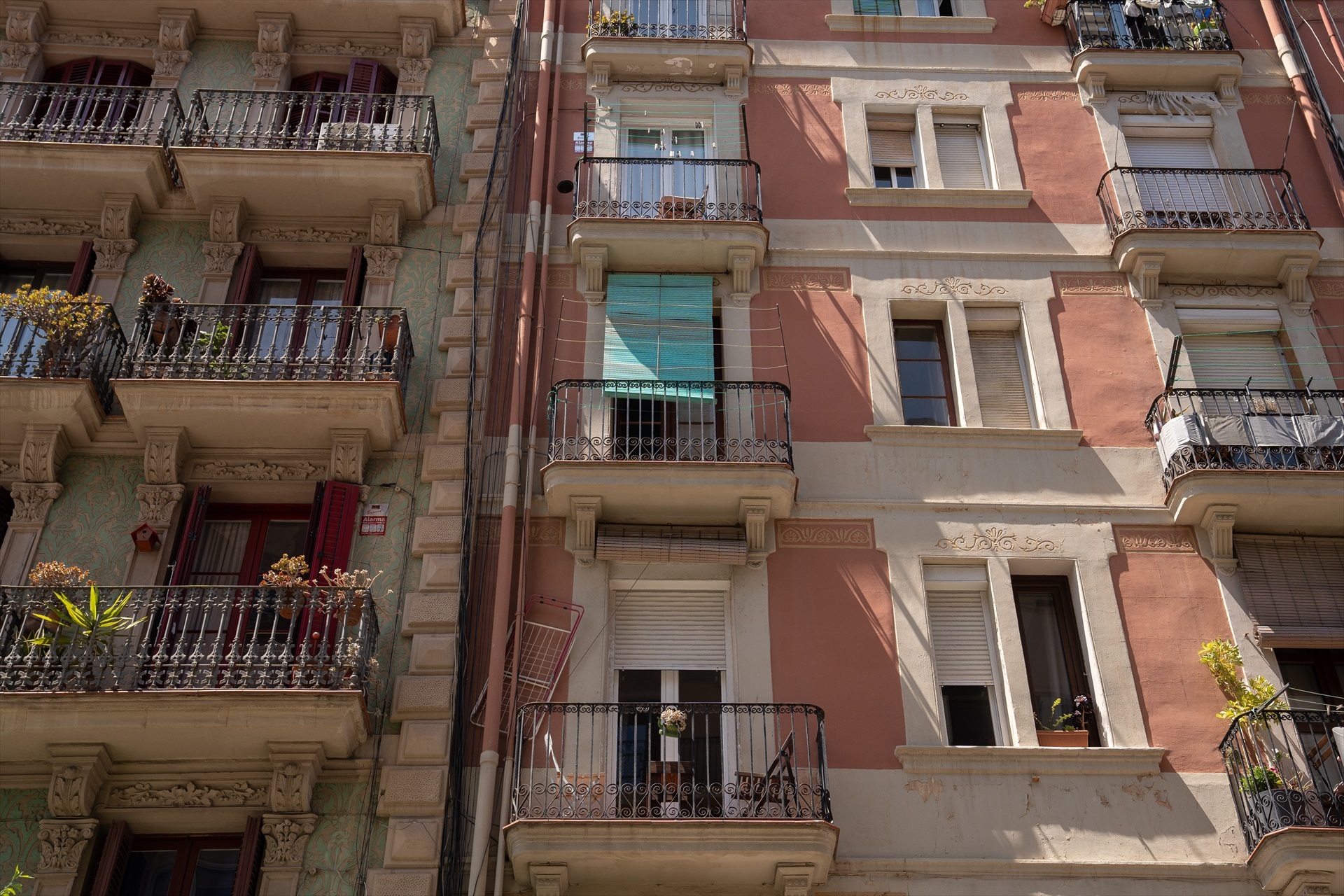The Catalan territorial minister, Ester Capella, has announced this Thursday that the Generalitat will apply the cap to housing rental prices from February in the 140 Catalan municipalities defined as "rent stressed", pending approval of the reference index that has to be given by the Spanish government, which will enable the maximum price in each municipality to be set. All this will take place in accordance with the provisions of Spain's housing law, validated by the Congress last April.
These Catalan municipalities are home to 6.2 million people, that is, 80.6% of the total population of Catalonia. They are mainly concentrated in the metropolitan area of Barcelona and along Catalonia's coastline. The four provincial capitals, Barcelona, Girona, Tarragona and Lleida, are all included in the list of cities where rents will be capped.
Municipalities as diverse as Sort, Amposta, Figueres and Porqueres are also part of this map. Along the Catalan coastlines, from Cambrils in the south to Palafrugell on the Costa Brava, there are only five seaside municipalities which do not suffer stressed housing rentals; in fact, on the central part of the coast from Cubelles to Lloret, all municipalities have this price control. Meanwhile, in the Barcelona metropolitan area, from El Prat to Montgat on the coast and from Castellar del Vallés to Vallirana in the interior, the entire area has prices and circumstances that mean they are categorised as stressed areas. In Barcelona, rental prices reached a new record in 2023: the average housing rental price in the Catalan capital costs 1,123 euros a month.

How is a rent stressed area defined?
For a municipality to be considered as a stressed area for housing, it must meet at least one of these two conditions: that the average cost of mortgage payments or rent, plus basic expenses and utilities exceeds 30% of the average household income and that the purchase price or housing rent has increased at least 3 percent above the Consumer Price Index in the five years preceding the declaration of a stressed area.
Housing groups such as the Tenants' Union (Sindicat de Llogateres) have been urging the approval of this measure, which only has clear support in Catalonia. In the rest of Spain's autonomous communities, most of them led by the conservative People's Party, the governments have not yet expressed their intention to apply this control, with implementation left up to each autonomous community.
Property owner associations and estate administrators, on the other hand, are opposed to this price control and assert that the sharp drop in the supply of rental apartments is mainly due to the passing of the new housing law and the legal uncertainty which it generates. They argue that those people looking for accommodation who have the most purchasing power will pay above the agreed price, via irregular means, outside the contract.
In a similar way, the owners and administrators believe that the increase in temporary, tourist and shared rental flats is also a response to the law, affirming that some flats with prices below average may become more expensive to approach the caps, while the flats that are more expensive and in better condition will gravitate to the short-term or room-by-room markets, which are already booming and are more lucrative than regular rentals.

